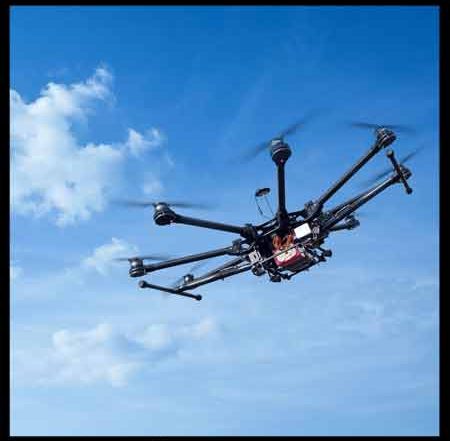
Before that, you’d have to go back to Napoleon, when French forces entered the Kremlin, albeit without much of a fight. And it’s really hard to comment or speculate on this without really knowing what the facts are,” Blinken added.įor now, there are no answers to the puzzle of whether the attack actually took place and if it did, who was responsible and what was its purpose? One thing is for sure, the level of tension that was already high has been newly elevated.Prior to May 3, the last time the Kremlin was attacked - bombed, in fact - was in 1942, when Nazi forces were closing in on Moscow. “We simply don’t know,” Blinken said Wednesday at a Washington Post Live event. US Secretary of State Antony Blinken said he had seen reports from Moscow about the alleged attack, but “can’t in any way validate them.” Mark Galeotti, a Russian military and security analyst at University College, London, opined that, “If Ukraine had indeed attacked, consider it a performative strike, a demonstration of capability and a declaration of intent: Don’t think Moscow is safe.” Commentator Abbas Gallyamov, a former Putin speechwriter who has fled the country, stated, “If enemy drones reach the Kremlin, it means that any other object on the territory of the European part of Russia is generally defenseless…therefore, I do not believe that this was a provocation conceived by the Kremlin in order to influence public opinion.” Other experts and pundits are weighing in with their own theories, most of them dismissing the possibility of a false flag attack as a pretext for Russia to ratchet up strikes against Ukraine. “You’re not going to say, ‘Now that there has been an attack with a tiny drone, now we can go nuclear,’” he said. Andrews, downplayed the possibility of retaliation as being too unsymmetrical.

This could be manipulated into justifying a nuclear strike against Ukraine.īut Phillips O’Brien, a professor of strategic studies at University of St. Russia’s nuclear doctrine says the country can use nuclear weapons if it comes under a nuclear strike or if it faces an attack with conventional weapons that threatens “the very existence” of the Russian state. The chairman of the powerful lower house of parliament, Vyacheslav Volodin, compared the Ukrainian government with the terrorist Islamic State and said he will demand “the use of weapons capable of destroying it.” “After today’s terrorist act, no variant remains other than the physical elimination of Zelenskyy and his clique,” said former Russian president and deputy chairman of the Russian security council, Dmitry Medvedev. This would give them a pretext to bypass that limit.Īlready there is talk of retaliation, including threats aimed specifically at Ukrainian President Volodymyr Zelenskyy, as a tit-for-tat act, despite the Ukrainian leader’s denials. Russian officials persistently contend - repeated evidence to the contrary - that the military goes after only military targets. For President Vladimir Putin, the confession of Ukrainian drones reaching the Kremlin could be justification for a brutal step-up of attacks on Ukraine.

Yet conjecture suggests that there could well be a higher motive for self-ascribing such humiliation to the Russian military defense. Announcing the attack - or even faking it - risks Russia undermining its citizens’ trust in its frequent assertions of military superiority.
DRONE STATION RUST FULL
Why did the Kremlin announcement come about 12 hours after the purported incident? Why did no reports of explosions emerge prior to the announcement on the messaging apps that remain full of chatter despite Russia’s crackdown on media and criticism of the war in Ukraine? Why didn’t videos of the purported attacks appear until after the announcement? Why haven’t the images been verified?Ī drone attack that penetrated as far as the Kremlin would be the most severe incursion into Russian airspace since German teen Matthias Rust landed his little single-engine plane on the fringes of Red Square in 1987. One theory holds that the drone attack never occurred and that the Kremlin is merely trying to stoke national feelings of outrage against Ukraine.īut there are more doubts about the entire incident and experts have plenty of unanswered questions. He added that, “What happened in Moscow is obviously about escalating the mood on the eve of May 9.” That day is known as “Victory Day” inside Russia, commemorating the Soviet Union’s role in defeating Nazi Germany in World War II. “A terror attack destroyed blocks of residential buildings in Dnipro and Uman, or a missile at a line at Kramatorsk rail station and many other tragedies,” said Nykyforov, the Ukrainian presidential spokesman.

The Kremlin Press Service has called the purported drone attack an “attempt on the President’s life,”and declared it an “act of terrorism”, firmly blaming Ukraine.īut Kyiv denied it vehemently and said that an accusation of terrorism was better directed at Russia.


 0 kommentar(er)
0 kommentar(er)
